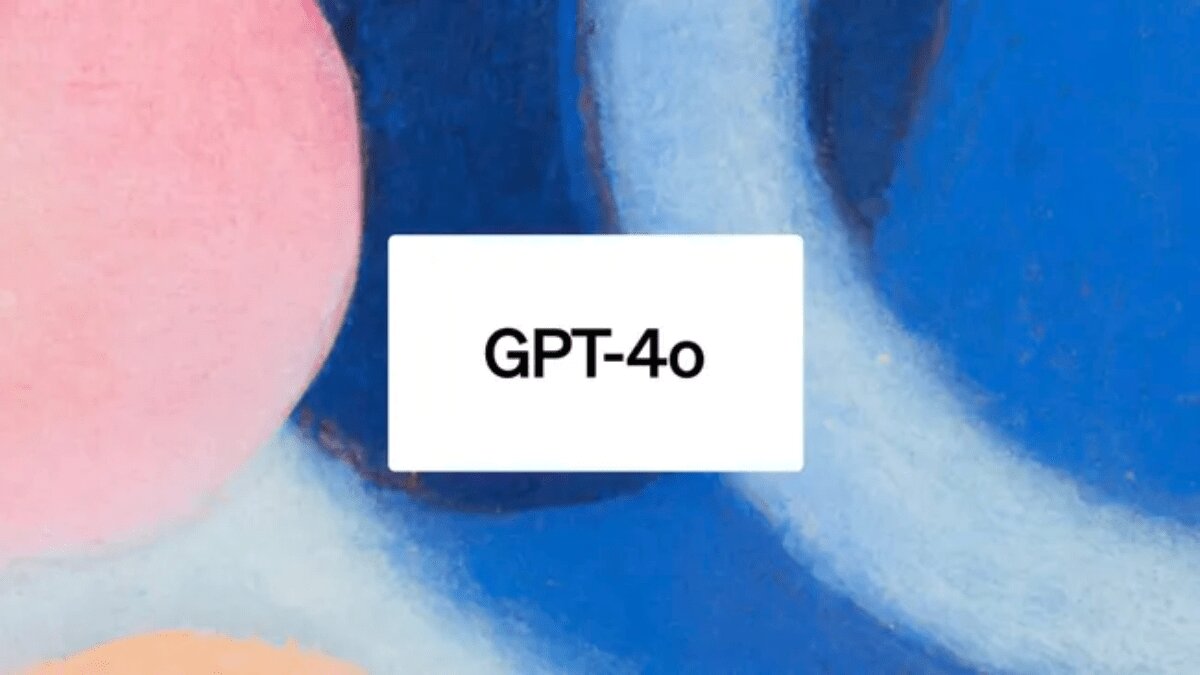The launch of GPT-4o marks a big leap forward for OpenAI’s ChatGPT chatbot. It’s now better at generating realistic responses and handling a broader range of inputs. However, this enhanced capability comes with a possible drawback. OpenAI has raised concerns that people might become too attached to the chatbot, which could have troubling effects.
In a recent blog post about GPT-4o, OpenAI highlighted some risks linked to this new version. One major concern is that users might start to see the AI as having human-like qualities and develop emotional attachments. For example, during early tests, some users used phrases that suggested they were forming bonds with the chatbot, like saying, “This is our last day together.”
While this might seem harmless at first, it could lead to more serious issues for individuals and society. Critics argue that this attachment to AI could make people less reliant on human relationships, which might affect their social lives. OpenAI’s blog post also noted that since ChatGPT is designed to be responsive and accommodating, users might start treating it in ways they wouldn’t with other people. If this behavior becomes common, it could influence how people interact with each other in real life.
Another risk mentioned is that GPT-4o might unintentionally mimic a user’s voice, which could potentially be misused for impersonation or other malicious activities. While OpenAI has taken steps to address some of these issues, they haven’t yet implemented specific measures to handle emotional attachments to the chatbot. They plan to study this further, especially how integrating the model with audio features might affect user behavior.
Given the potential risks of people becoming overly dependent on AI, it’s crucial for OpenAI to develop solutions quickly. Without proper regulation and safeguards, this new technology could lead to unintended consequences that impact individuals and society at large.


